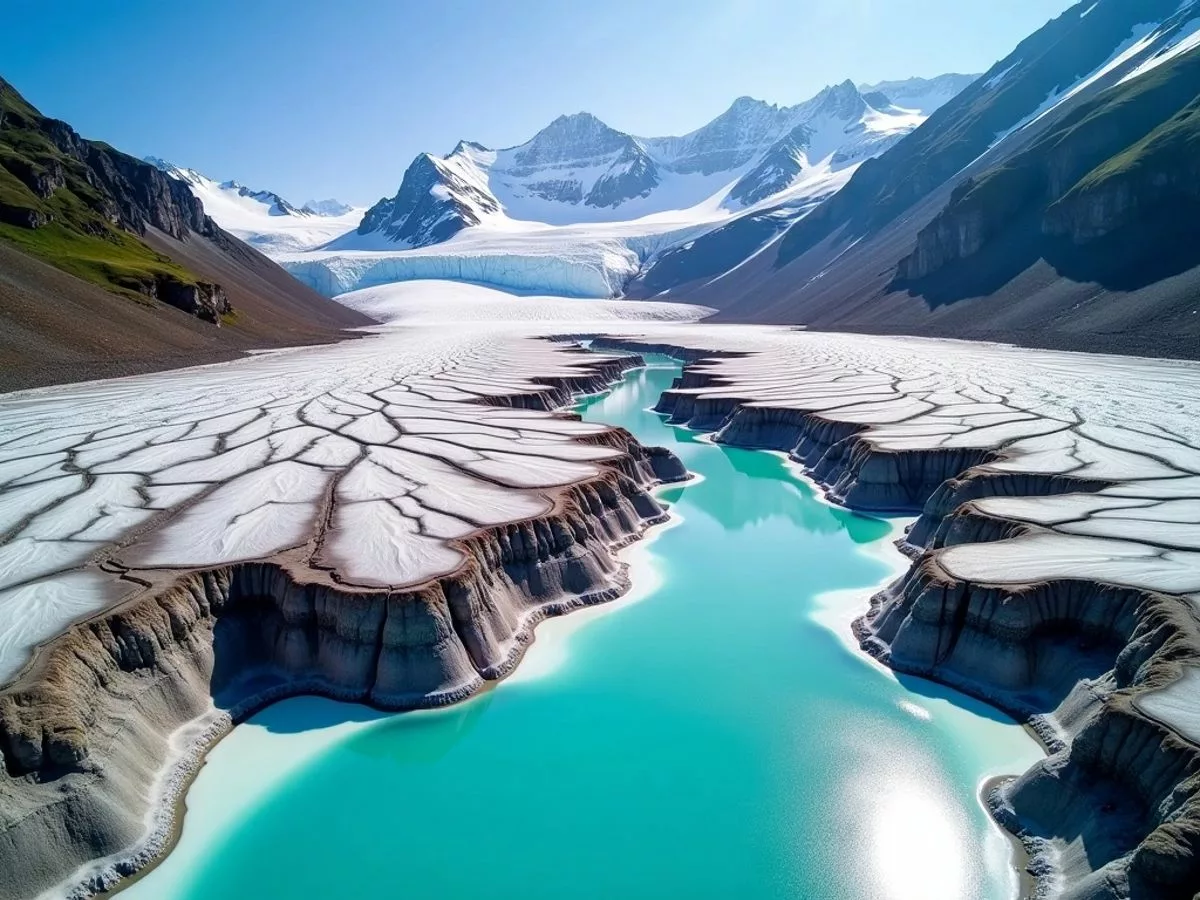
The Swiss glaciers have experienced a significant increase in melt rates in 2024, surpassing the average due to an exceptionally hot summer. This alarming trend raises concerns about the long-term impacts of climate change on the region’s glacial landscapes and water resources.
Key Takeaways
- Swiss glaciers melted more than average in 2024.
- The increase is attributed to a record hot summer.
- Concerns grow over climate change effects on water supply and ecosystems.
Overview of Glacier Melt Trends
The Swiss Alps are known for their stunning glaciers, which are vital for the region’s ecosystem and water supply. However, the latest reports indicate that the glaciers have melted at an unprecedented rate this year. The summer of 2024 was marked by extreme heat, leading to accelerated melting.
Climate Change Impact
The increase in glacier melt is a stark reminder of the ongoing effects of climate change. Scientists have noted that rising global temperatures are contributing to the rapid decline of glaciers worldwide. In Switzerland, the situation is particularly dire, as many glaciers are retreating faster than previously predicted.
Implications for Water Resources
The melting glaciers play a crucial role in providing fresh water to millions of people. As they diminish, there are growing concerns about water shortages in the future. The Swiss government and environmental organizations are now focusing on strategies to manage water resources effectively in light of these changes.
Future Projections
Experts predict that if current trends continue, many Swiss glaciers could disappear entirely by the end of the century. This would not only affect local ecosystems but also have broader implications for climate regulation and biodiversity.
Community Response
Local communities are becoming increasingly aware of the situation. Many are advocating for sustainable practices and policies to combat climate change. Initiatives include promoting renewable energy, reducing carbon footprints, and enhancing conservation efforts.
Conclusion
The alarming rate of glacier melt in Switzerland serves as a wake-up call regarding the urgent need to address climate change. As the situation evolves, it is crucial for governments, communities, and individuals to take action to protect these vital natural resources for future generations.



